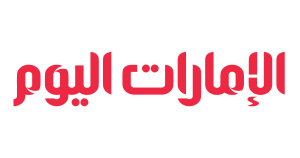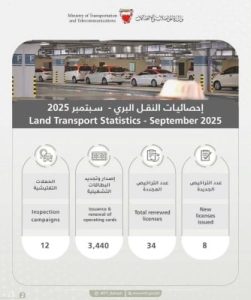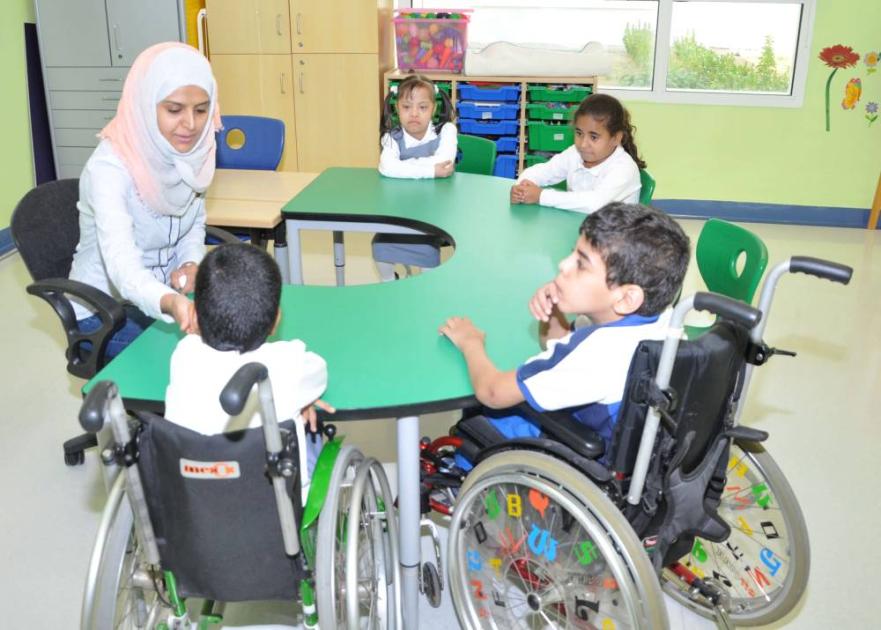أكدت دائرة التعليم والمعرفة في أبوظبي، أنه لا يُسمح للمدارس الخاصة في أبوظبي، برفض تسجيل الطلبة ذوي الاحتياجات التعليميّة الإضافية في المدارس التي يختارونها، تحت أي حال من الأحوال، على أن يكون لدى المدرسة السعة لاستقبالهم بحسب الصفّ/ السنة المناسبة، استناداً لمبادئ القانون الاتحادي رقم 29 لسنة 2006 بشأن حقوق ذوي الإعاقة وتعديلاته.
أوضحت في سياسة المدارس بشأن الدّمج التي يجب على جميع المدارس الامتثال التام لها في الفصل الدراسي الأول من العام الدراسي 2025 ـ 2026، أنه يجب أن تلتزم إجراءات قبول الطلبة لدى المدارس بما يأتي: إعطاء الأولويّة لحضور الطلبة ذوي الاحتياجات التعليميّة الإضافيّة وإخوتهم بالمدرسة نفسها. والطلب من أولياء الأمور تقديم النسخ الأصلية عن أي تقارير لتقييمات سريريّة لأي مُتخصص ذي صلة كالطبيب النّفسي أو الأخصائي النفسي أو طبيب الأطفال. وتقديم أي تسهيلات مطلوبة من الطلبة لإكمال عملية التقييم. ولا يُسمح باستخدام هذه التقييمات سبباً لرفض التسجيل بالمدرسة. واستخدام جميع المعلومات المتوافرة لضمان الوصول إلى بيئة تعليمية ومادية آمنة وعادلة للطلبة ذوي الاحتياجات التعليميّة الإضافيّة. وتحديد ما يُقصد بـ”عدم قدرة المدرسة على الاستيعاب”.
الفئات المستهدفة
وأشارت إلى أهمية دعم عملية نقل الطلبة ذوي الاحتياجات التعليميّة الإضافيّة، واستهداف هذه الفئات خصوصاً الملتحقين بالمدرسة للمرة الأولى أو القادمين من جهات التعليم المبكّر البديل، والقادمين من مراكز تعليميّة متخصّصة أو من التعليم المنزلي. وأكدت أنه عندما ترى المدرسة أنها غير قادرة على تلبية احتياجات أي من الطلبة ذوي الاحتياجات التعليمية الإضافية، عليها تقديم إشعار”عدم القدرة” إلى دائرة التعليم والمعرفة وأولياء الأمور خلال 7 أيام من إصدار قرار تسجيل الطالب، وتحتفظ الدائرة بالحق في تأييد الإخطار أو إلغائه بناءً على أدلة المدرسة ومن مصادر أخرى. وعلى المدارس إجراء التعديلات والتجهيزات المعقولة لتمكين قبول جميع الطلبة.
وذكرت أنه يجب على المدارس إعادة تسجيل جميع الطلبة في السنة الدراسية الجديدة، وفي حال رغب ولي الأمر بإعادة الصف لطفله، فيجب الحصول على موافقة الدائرة وعلى المدرسة تقديم طلب لإبقائه، وتقريره الطبي وخطة التعلم الموثقة الخاصة به.
وأكدت الدائرة أنه يلتحق الطلبة ذوو الاحتياجات الإضافيّة بمدارس نظام التعليم العام بجانب زملائهم، إلا أنه قد يُنظر في التحاقهم ببرامج بديلة للطلبة الذين يستوفون معايير القبول بها، وعندما ترى المدرسة أن أحد الطلبة بحاجة لرعاية أكثر تخصصاً، فعليها التواصل مع الدائرة قبل التواصل مع أولياء الأمور، لتحديد ما إن كان الطالب يستوفي معايير القبول للتعليم المتخصص ولتحديد المكان الذي يناسب احتياجاته بشكل أفضل، إن وُجد.
وأشارت إلى أنه في حال تشخيص أحد الطلبة الإماراتيين بالتوحّد الشديد فيمكن للمدرسة أن توصي بالتعليم المتخصص فقط في حالات.
ويمكن للمدرسة طلب رسوم إضافية في حال كانت حاجة الطالب إلى تدخّل مُتخصص ودعم يفوقان ما تستطيع المدرسة توفيره. وعلى المدرسة توفير كشف حساب فصلي لأولياء الأمور يوضّح توزيع الرسوم الإضافيّة المفروضة، ووضع حد للرسوم التي يمكن لأولياء الأمور دفعها، بحيث لا تتجاوز 50% من الرسوم الدراسية.
وفي حال كان سقف الدفع غير كاف لتغطية الكلف في المدارس التي يكون نطاق رسومها منخفضاً إلى منخفض جداً، فيُسمح لتلك المدارس بفرض رسوم تتجاوز 50% من الرسوم بشرط الحصول على موافقة أولياء الأمور.
وأكدت الدائرة أن عدم الامتثال لهذه السياسة سيعرّض المدرسة للمساءلة القانونية والعقوبات المطبقة بموجب اللوائح والسياسات والمتطلبات الخاصة بالدائرة.













Recommended for you
مدينة المعارض تنجز نحو 80% من استعداداتها لانطلاق معرض دمشق الدولي
طالب الرفاعى يؤرخ لتراث الفن الكويتى فى "دوخى.. تقاسيم الصَبا"
تقديم طلبات القبول الموحد الثلاثاء و640 طالبا سيتم قبولهم في الطب
البريد المصري: لدينا أكثر من 10 ملايين عميل في حساب التوفير.. ونوفر عوائد يومية وشهرية وسنوية
سمو الشيخ عيسى بن سلمان بن حمد آل خليفة يستقبل سفير الولايات المتحدة الأمريكية لدى مملكة البحرين
الجغبير: القطاع الصناعي يقود النمو الاقتصادي